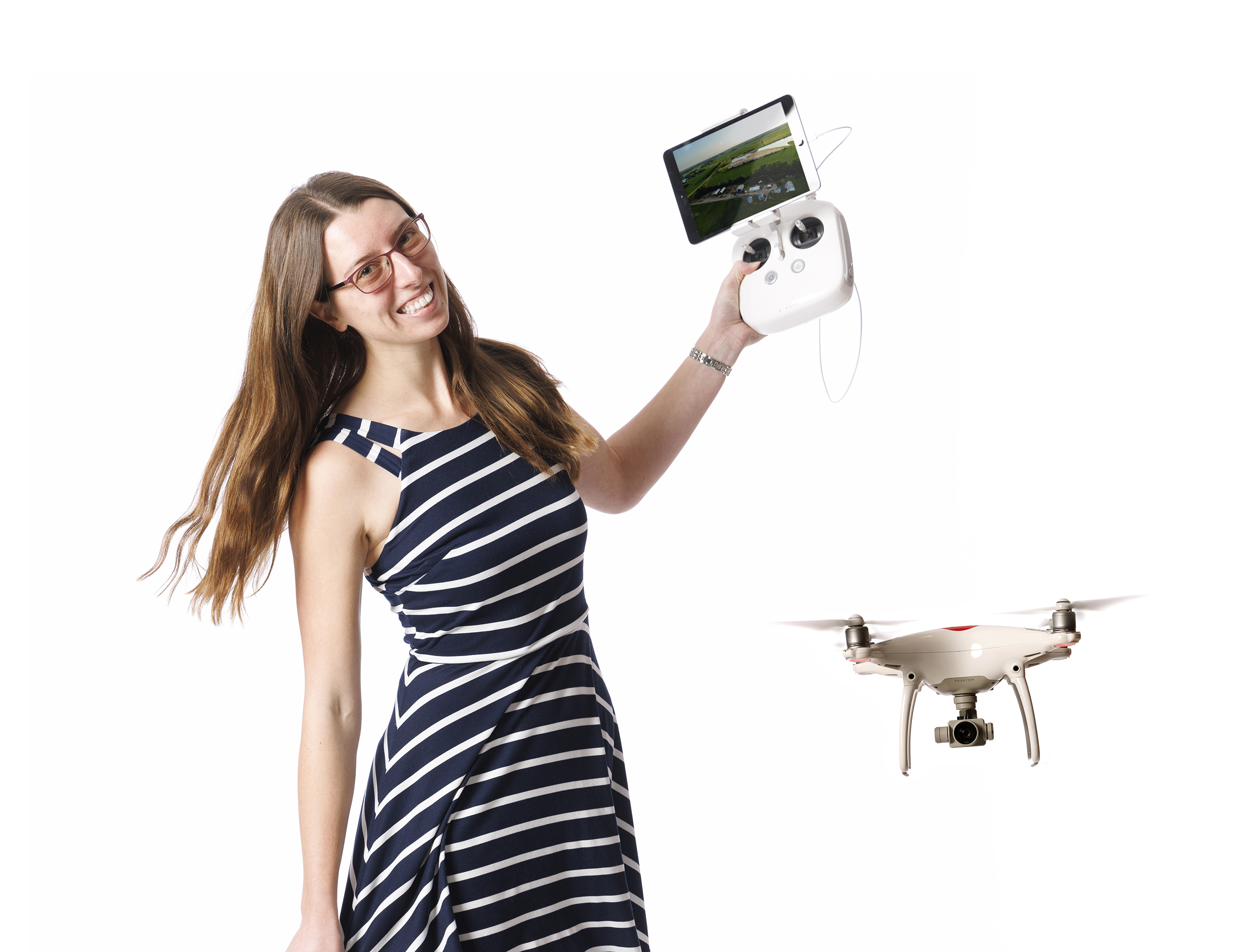
Coming from a farm in rural Monroe, Nebraska, to the University of Nebraska–Lincoln, Courtney Nelson longed for the quiet of home. However, it wouldn’t be long before she found her place in the College of Agricultural Sciences and Natural Resources.
As a freshman, Nelson lived on City Campus, in the heart of the hustle and bustle. As a then-agricultural engineering student, she spent a lot of time on East Campus. The friendly faces and community she noticed in CASNR gave her “this unexplainable gut feeling” that she wanted to be a part of it.
Nelson had another gut feeling — that her choice of major was not right for her. She switched to mechanized systems management and got involved in the Nebraska Agricultural Youth Council and the Engler Agribusiness Entrepreneurship Program. She began to feel much more at home.
The youth council helped Nelson develop professionally and personally through the many connections she made. As head counselor, Nelson had to reach out to and meet with different sponsors. The conversations she had about agriculture with her network made her realize her true love for the industry.
“You don’t realize how much you love it when you’re just immersed in it all the time and you’re just kind of there,” Nelson said. “Then when you start to see people that don’t think the same way, you’re like, ‘Oh, I really do care deeply about this.’”
The warm, welcoming atmosphere of Engler drew Nelson in because she always felt seen, heard and accepted for who she was. The experience of being in an environment where all ideas were welcome is not something that’s seen often, she said. In Engler, she was encouraged to think deeply about what she really wanted, and she found motivation in being pushed to continually do that.
These experiences inspired Nelson to become a CASNR ambassador, to share her experiences with potential students — something she found fulfilling.
Among her many other involvements, Nelson helped perform precision nitrogen application research in the Department of Biological Systems Engineering. She worked on Project SENSE, a precision technology that performs through sensors on a sprayer boom. As the sprayer drives through the field for in-season applications, the sensors apply precise rates to that width of the field. She also worked with a process called fertigation, which involves running fertilizer and nutrients through an irrigation pivot, along with the water, as it circles through the field. One of the graduate students she worked with created a new precision fertigation software that the team got to test to apply specific amounts of nitrogen to different sections of a field. Nelson’s job was to fly drones every week for the fertigation project and four times a season for Project SENSE, predominantly in Grand Island and eastern Nebraska. After she and her research partner gathered imagery in the fields, they would process the images to make a full field map that the team would use to make autonomous precision management decisions.
Nelson is the only woman to graduate in the mechanized systems management major at Nebraska this December and is at the top of her class. For this, Nelson credits the mentorship of her adviser Deepak Keshwani. He was “one of the best listeners,” she said, giving her suggestions, but never the answers.
“I just think that is really valuable because it gives people their own accountability,” she said. “It makes people think on their own, and I took that advice to heart.”
After she receives her diploma this weekend, Nelson dreams of educating people of all ages on how certain agricultural technologies work and how they can use them. It’s a topic she has become passionate about and a reminder that she made the right choice to listen to her gut and look for her home on campus.
“If something isn’t working, it’s OK to switch things up along the way,” she said.








